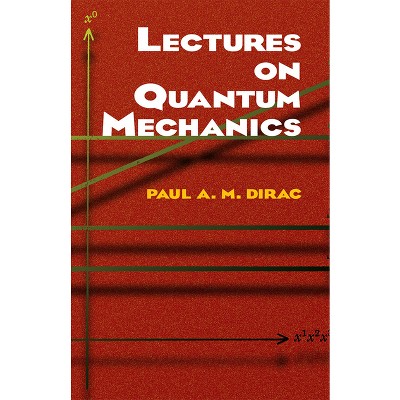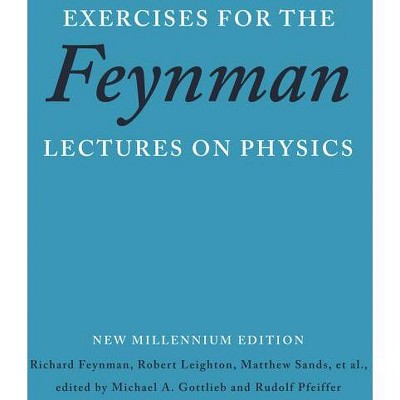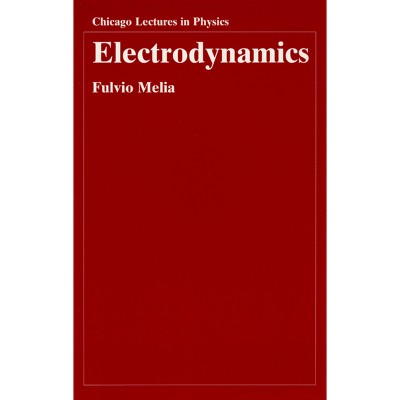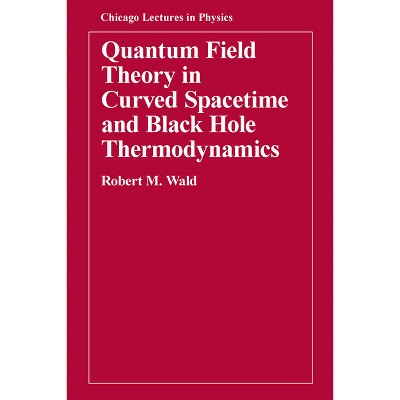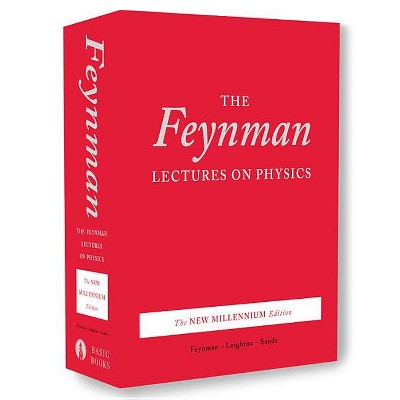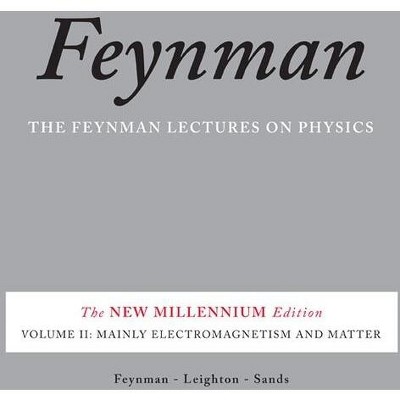Sponsored

Geometrical Vectors - (Chicago Lectures in Physics) by Gabriel Weinreich (Paperback)
In Stock
Sponsored
About this item
Highlights
- Every advanced undergraduate and graduate student of physics must master the concepts of vectors and vector analysis.
- Author(s): Gabriel Weinreich
- 126 Pages
- Science, Physics
- Series Name: Chicago Lectures in Physics
Description
Book Synopsis
Every advanced undergraduate and graduate student of physics must master the concepts of vectors and vector analysis. Yet most books cover this topic by merely repeating the introductory-level treatment based on a limited algebraic or analytic view of the subject. Geometrical Vectors introduces a more sophisticated approach, which not only brings together many loose ends of the traditional treatment, but also leads directly into the practical use of vectors in general curvilinear coordinates by carefully separating those relationships which are topologically invariant from those which are not. Based on the essentially geometric nature of the subject, this approach builds consistently on students' prior knowledge and geometrical intuition. Written in an informal and personal style, Geometrical Vectors provides a handy guide for any student of vector analysis. Clear, carefully constructed line drawings illustrate key points in the text, and problem sets as well as physical examples are provided.From the Back Cover
Physics/MathematicsEvery advanced undergraduate and graduate student of physics must master the concepts of vectors and vector analysis. Yet most textbooks cover this topic by merely repeating the introductory-level treatment based on a limited algebraic or analytic view of the subject.
By contrast, Geometrical Vectors introduces a more sophisticated approach, which not only brings together many loose ends of the traditional treatment, but also leads directly into the practical use of vectors in general curvilinear coordinates by carefully separating those relationships which are topologically invariant from those which are not. Based on the essentially geometric nature of the subject, this approach builds consistently on students' prior knowledge and geometrical intuition.
Written in an informal and personal style, Geometrical Vectors provides a handy guide for any student of vector analysis. Clear, carefully constructed line drawings illustrate key points in the text, and a set of problems is provided at the end of each chapter (except the Epilogue) to deepen understanding of the material presented. Pertinent physical examples are cited to show how geometrically informed methods of vector analysis may be applied to situations of special interest to physicists.
Shipping details
Return details
Frequently bought together

Trending Non-Fiction











